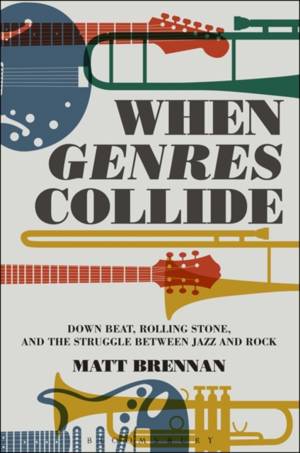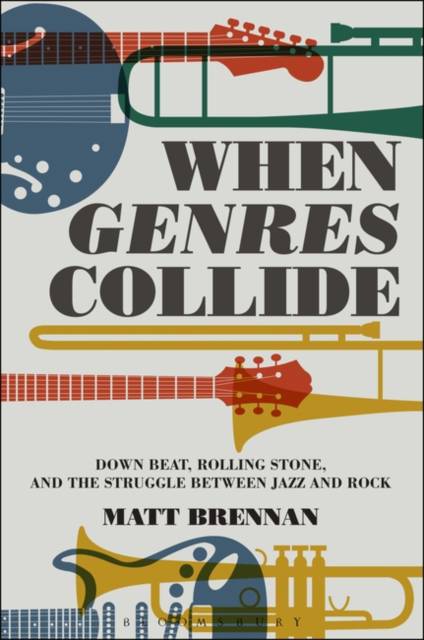
- Afhalen na 1 uur in een winkel met voorraad
- Gratis thuislevering in België vanaf € 30
- Ruim aanbod met 7 miljoen producten
- Afhalen na 1 uur in een winkel met voorraad
- Gratis thuislevering in België vanaf € 30
- Ruim aanbod met 7 miljoen producten
Zoeken
€ 228,95
+ 457 punten
Uitvoering
Omschrijving
Winner of the IASPM Canada Book Prize 2019
Honorable Mention for PROSE Award for Excellence in Music and the Performing Arts 2018
When Genres Collide is a provocative history that rethinks the relationship between jazz and rock through the lens of the two oldest surviving and most influential American popular music periodicals: Down Beat and Rolling Stone. Writing in 1955, Duke Ellington argued that the new music called rock 'n' roll "is the most raucous form of jazz, beyond a doubt." So why did jazz and rock subsequently become treated as separate genres?
Specificaties
Betrokkenen
- Auteur(s):
- Uitgeverij:
Inhoud
- Aantal bladzijden:
- 256
- Taal:
- Engels
- Reeks:
Eigenschappen
- Productcode (EAN):
- 9781501319020
- Verschijningsdatum:
- 23/02/2017
- Uitvoering:
- Hardcover
- Formaat:
- Genaaid
- Afmetingen:
- 155 mm x 231 mm
- Gewicht:
- 544 g

Alleen bij Standaard Boekhandel
+ 457 punten op je klantenkaart van Standaard Boekhandel
Beoordelingen
We publiceren alleen reviews die voldoen aan de voorwaarden voor reviews. Bekijk onze voorwaarden voor reviews.







